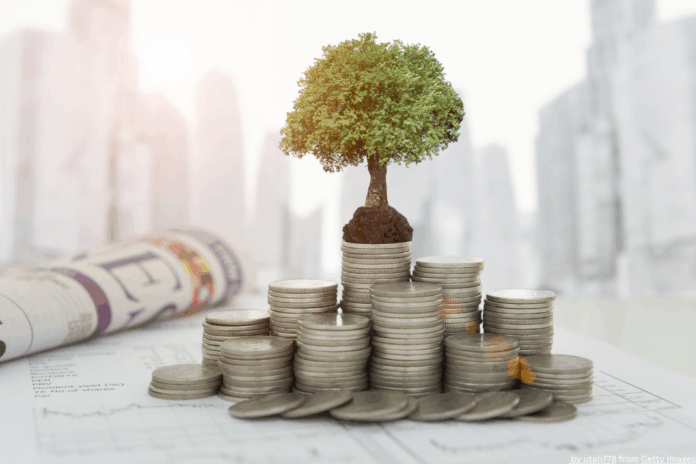“On our current path, civilisation as we know it will disappear.” That’s the blunt, stark warning University of the Witwatersrand graduate and former UK chief science advisor, Sir David King, has for us on climate change. It won’t be tomorrow, it won’t be any time soon – but at some point, the cumulative damage of ever-mounting natural disasters caused by climate change will become more than global society can bear, unless we follow the recipe for safety that King and many other climate scientists recommend; rapidly eliminating all emissions, repairing ecosystems and building resilience.
This warning may perhaps sound strange to you in the Trump era of mass climate change denial, but the unhappy truth is that climate change is real, and in fact, scientists have, if anything, underestimated – not exaggerated – the full dangers. Global warming is accelerating, and we risk triggering “tipping points”, such as the Arctic Sea and glacial ice loss and the loss of the Amazon rain forest: where human ecological damage starts cascading unpleasant feedbacks.
Climate change and investors
Climate change threatens investors in several ways.
- Firstly, there are the physical risks of being on a planet facing ever greater numbers of natural disasters, especially droughts, floods and sea-level rise.
- Secondly, the direct financial risk of having your savings invested in dead-end fossil fuels and missing out on greener growth. Thirdly, the indirect economic damage of living in economies that are increasingly dragged down by the fossil fuel industry’s “externalities” – the full costs of their pollution that they impose on us.
South Africa’s climate vulnerabilities
The likely impacts of climate change on South Africa are extreme; and these should be considered in the context of a world also facing varying but compounding knock- on impacts: Gauteng, which contributes around 34% of South Africa’s GDP, is facing severe water risk from degraded infrastructure and climate change. The CSIR says South Africa’s water demand will outstrip water supply by 17% by 2030. Mining, which uses 5% of South Africa’s water, can’t function without it.
Continued fossil fuel dependence
The social cost of our continued fossil fuel dependence for South Africans is immense, over half a trillion rand annually, according to the International Institute for Sustainable Development, more than five times the revenue government receives from the industry. The 2018-2021 Northern Cape drought wiped out R14-billion in agricultural output, while Cape Town’s “Day Zero” crisis cost the Western Cape 5% of its GDP in 2018. By 2050, rising seas could drown R1.3-trillion worth of coastal property.
ESG isn’t charity – it’s at least a survival strategy and at best a returns engine. In 2023, Kroll found that,
ESG leaders earned an average annual return of 12.9%, compared to an average 8.6% annual return earned by laggard companies.
Tech companies with high ESG ratings doubled returns compared to lower-rated peers.
If you’re driven by data, then the data is clear, as this IEEFA summary finds:
“ESG funds continue to thrive and outperform traditional funds across equity and fixed-income asset classes.”
And, “ESG portfolios offer better downside risk protection, with higher upside beta than downside beta in most nations,” observes the Strategic Finance newsletter.
According to Robeco, “A 2015 meta-study from Friede et al under-took an exhaustive, quantitative study of the entire universe of 2 250 published academic studies on ESG performance spanning four decades of data from 1970 to 2014. The analysis concluded that ESG correlated positively to corporate financial performance in 62.6% of studies and produced negative results in less than 10%.”

Our green economy opportunity
The global green economy will hit $10.3-trillion by 2050. For South Africa, renewables already employ 32 000 people compared to coal’s
82 000. Green jobs are projected to surge to 275 000 by 2030.
The data is unambiguous: fossil fuels are a dead end. A genuinely green economy is the only meaningful growth story left. South Africa’s financial planners can either guide clients through this transition or explain why they didn’t.













